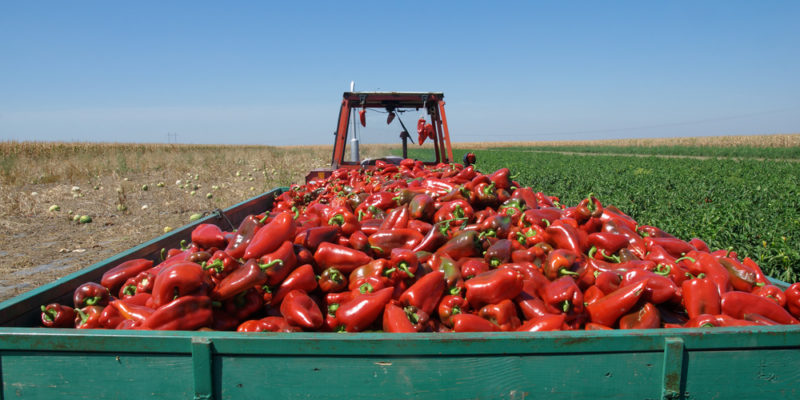How Efficient Logistics Reduces Food Waste
Efficient logistics networks play a crucial role in preventing food waste and ensuring that fresh produce is delivered in optimum condition.
In this blog, we’re exploring 5 ways that efficient logistics can reduce food waste. Whether you’re a farmer, food business owner, or simply curious about your food, this article will help you to understand how logistics can help reduce waste and improve sustainability.
Streamlined Transport Networks
Efficient logistics start with streamlined transport networks. Brisbane’s strategic location as a transportation hub allows for quick access to a variety of fresh produce sources. Whether it’s local farms in the region or suppliers from afar, a well-connected transport system ensures that produce can be delivered promptly to its intended destination.
Timely Delivery
One of the primary causes of food waste is the delay in transporting fresh produce from its source to the consumer. Efficient logistics aim to eliminate these delays. In Brisbane, produce is transported swiftly, minimising the time it spends in transit. This reduces the likelihood of spoilage and ensures that consumers have access to the freshest products available.
Temperature Control and Monitoring
Maintaining the cold chain is a critical aspect of efficient logistics. Brisbane’s subtropical climate, with its warm temperatures, poses a challenge for preserving the freshness of produce. Refrigerated trucks, temperature-controlled containers, and rigorous monitoring systems are employed to safeguard the quality of fresh produce during transportation. This meticulous attention to temperature control ensures that the produce arrives in Brisbane in the best possible condition.
Reduction of Overstocking and Understocking
Efficient logistics also helps prevent overstocking and understocking of fresh produce. By accurately predicting demand and coordinating supply chains accordingly, wastage due to excess inventory is minimised. Likewise, consumers are less likely to encounter shortages of their favorite fruits and vegetables, reducing the risk of food going to waste due to unmet demand.
Collaborative Efforts
Efficient logistics also thrive on collaboration. Farmers, suppliers, transportation companies, and retailers in Brisbane work closely together to minimisse food waste. Communication and coordination along the supply chain ensure that produce is harvested, transported, and delivered based on demand, further reducing the likelihood of surplus and waste.
In conclusion, efficient logistics are the unsung heroes in the fight against food waste in Brisbane’s culinary landscape. Through collaborative efforts and smart logistics, Brisbane continues to embrace its reputation as a city where quality produce thrives, and waste is minimised, ensuring that every plate is filled with the finest ingredients the region has to offer.

